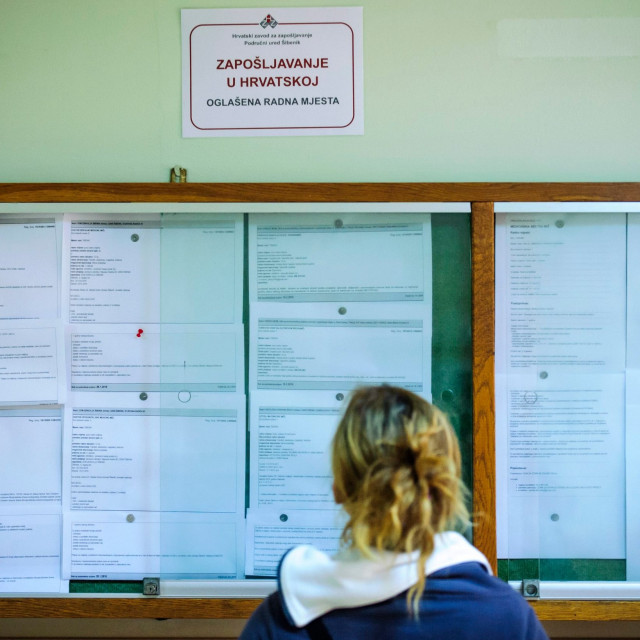
"After finally reaching, in 2019, the pre-2008 level of output, Croatia is set for a deep recession," the WB warns.
Croatia’s tourism and exports to be severely affected
The global COVID-19 pandemic has resulted in a lockdown in many countries around the globe and might reduce Croatia’s GDP by -6.2 percent this year.
Croatia’s tourism and exports of goods are expected to be severely affected given widespread travel bans and slowing activity in major trading partners, most notably Italy, but also the rest of the eurozone.
Repercussions for the labor market could be severe. Furthermore, workers who temporarily worked abroad have started to return to Croatia, putting pressure on the unemployment rate, which rise to above 9 percent in 2020.
Annual fiscal impact of government's support measures is estimated at 5 % of GDP.
The government has prepared a package of temporary measures potentially reaching almost 8 percent of GDP intended to mitigate the negative effects of the COVID-19 crisis on the economy.
The package includes, inter alia, deferred tax payments, support for the preservation of jobs, and a moratorium on payment of loans to development and commercial banks. The annual fiscal impact of support measures is estimated at 5 percent of GDP but will be partly financed from EU funds.
The WB expects that in 2020 Croatia might record a fiscal deficit of close to 8 percent of GDP.
"The downward trajectory of government debt will be temporarily reversed, and by the end of the year debt could reach almost 84 percent of GDP.," it says.
The WB expects the pandemic crisis to gradually fade by the end of the first half of 2020, which could lead to an economic rebound in 2021 and 2022.
"The fiscal deficit is expected to narrow in 2021 and 2022 as expansionary measures unwind and growth picks up, but without additional consolidation it would remain high," the international financial institution says.
"The crisis can provide an opportunity to revisit Croatia’s growth model and focus on policies to increase resilience to exogenous shocks and raise the economy’s growth potential," it underscores..






